 Get
Get
Croatian Kunas Fast!
- Free home delivery over £750
- with Royal Mail Special Delivery 1pm
- Better rates than the banks
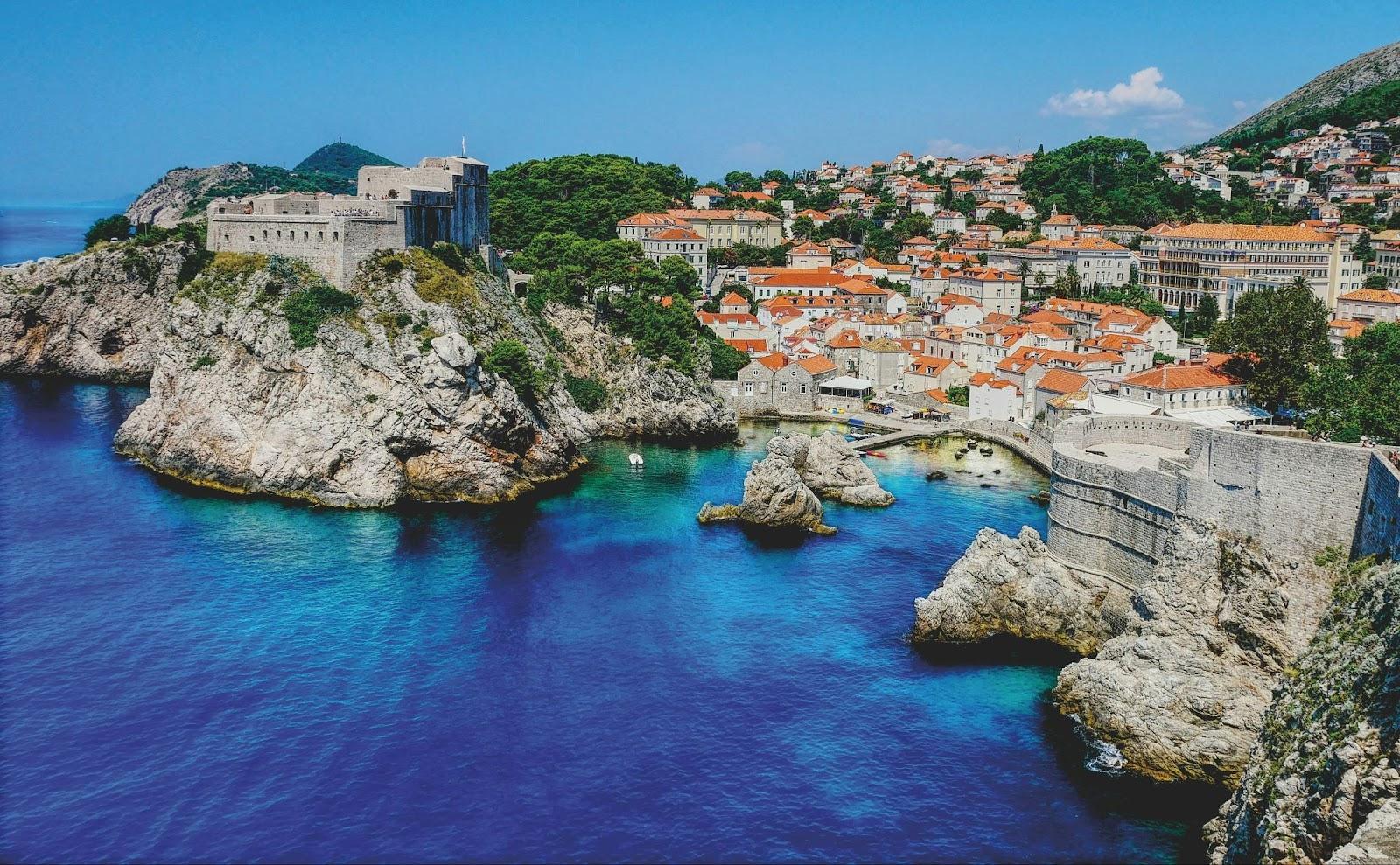
Are you gearing up for an adventure in Croatia?
Make sure you’ve got your currency sorted with Manor FX!
As of January 1, 2023, Croatia adopted the euro as its official currency, replacing the Croatian kuna.
To ease the transition, both the kuna and the euro were accepted as legal tender for a brief period until January 14, 2023. After this date, you were required to use the euro for transactions.
So, if you were looking for the best Croatian kuna exchange rate or to buy Croatian kuna for your trip, you’ll now need euros instead. You can buy euros here.
Croatian travel money
Are you keen to dive into Croatia’s stunning coastlines and rich history? We’ve got the inside scoop on using cash and cards in Croatia to smooth your travels.
Can I purchase Croatian kuna online?
Since Croatia switched to the euro on January 1, 2023, the Croatian kuna is no longer the official currency. Therefore, you no longer need to purchase Croatian kuna for travel or spending within Croatia. Instead, you would now be looking to obtain euros.
Sell your kuna now
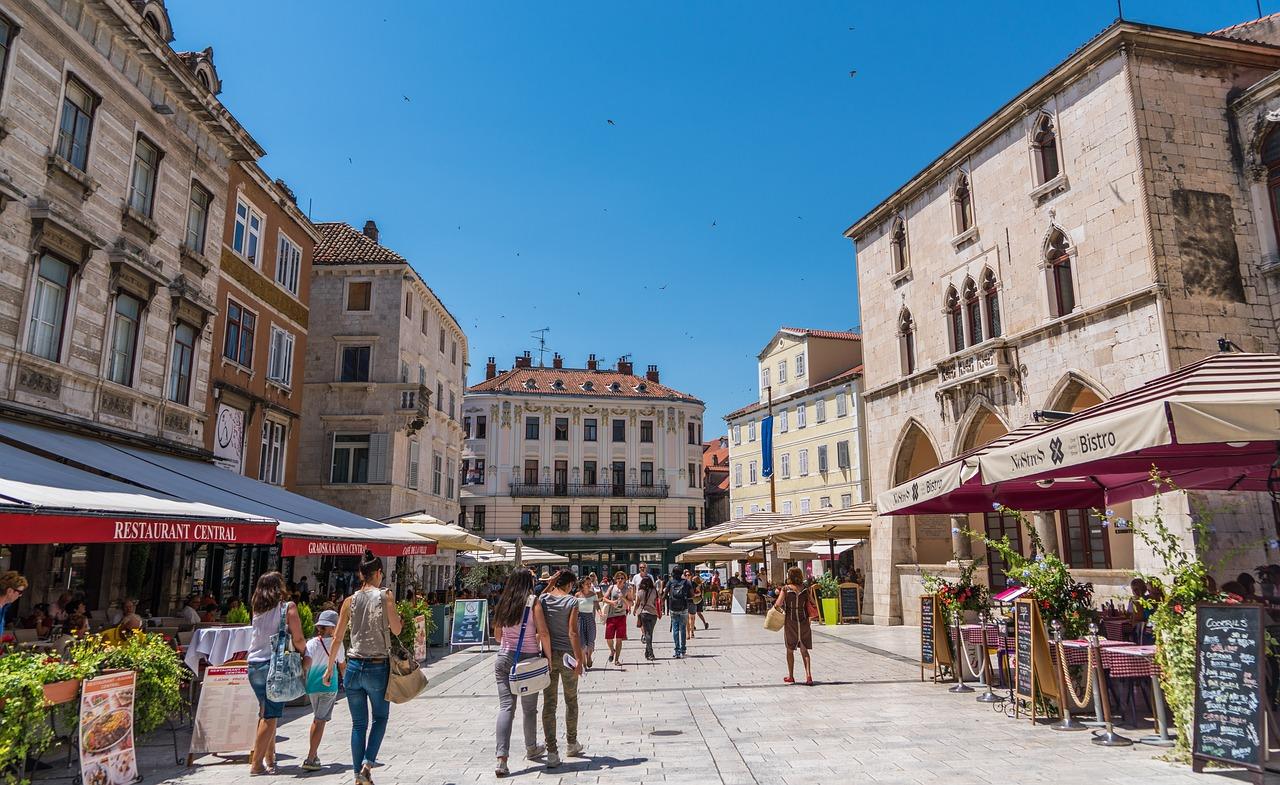
Is the kuna still valid?
The Croatian kuna is no longer valid for daily transactions in Croatia since the country transitioned to the euro on January 1, 2023. After this switch, the euro became the official currency for all transactions.
If you are looking for the best exchange rate for Croatian kuna or to buy Croatian kuna currency, you’ll now need to buy euros instead.
Does Croatia still accept kuna?
No. Since Croatia switched to the euro at the beginning of January 2023, the kuna is no longer accepted for daily transactions.
This means you can no longer buy Croatian kuna online, at bureau de changes, in banks, or at airport kiosks.
Are euros used in Croatia?
Yes, euros are used in Croatia. The country officially adopted the euro on January 1, 2023, replacing the Croatian kuna. Since then, the euro has been the valid currency for all transactions within Croatia.

Do I need cash in Croatia?
Yes. Cash is essential, especially for smaller purchases or less touristy spots.
Should I exchange money before I travel to Croatia?
Yes. Sorting your currency exchange in advance is wise. No need to order Croatian kuna, but having some euros in your wallet is a great idea and means you’re ready to roll as soon as you land.
For the best euro currency exchange rates, online or on the high street, use Manor FX.
Is it better to pay by cash or debit card in Croatia?
In Croatia, both cash and card payments are widely accepted, but which is better can depend on your specific needs and situations:
- Card payments: Many places, especially in cities and tourist areas, readily accept debit and credit cards. They’re convenient for larger purchases, and you don’t have to carry a lot of cash. Plus, contactless payments are becoming more common.
- Cash: While card payments are widely accepted, having some cash on hand is useful Especially for smaller purchases like snacks and market items or in places that might not accept cards, such as remote areas or small local businesses.
It’s generally a good idea to carry a mix of both for convenience and to cover all bases.
How expensive is Croatia?
Croatia’s cost can vary widely depending on where you go and what you do. However, it generally offers good value for money, especially compared to some other European destinations.
- Cities and tourist spots: Popular tourist destinations like Dubrovnik and Hvar can be pricier, especially in peak tourist season. Accommodation, dining out, and attractions in these areas might cost more.
- Local and less touristy areas: You’ll find prices more reasonable if you explore more local or less touristy spots. Eating where locals eat, shopping at markets, and choosing budget-friendly accommodations can stretch your pounds further.
Overall, Croatia offers options for every budget, from budget-friendly choices to luxury experiences. Enjoying a rich experience without spending a fortune is possible, especially if you’re mindful about your choices.
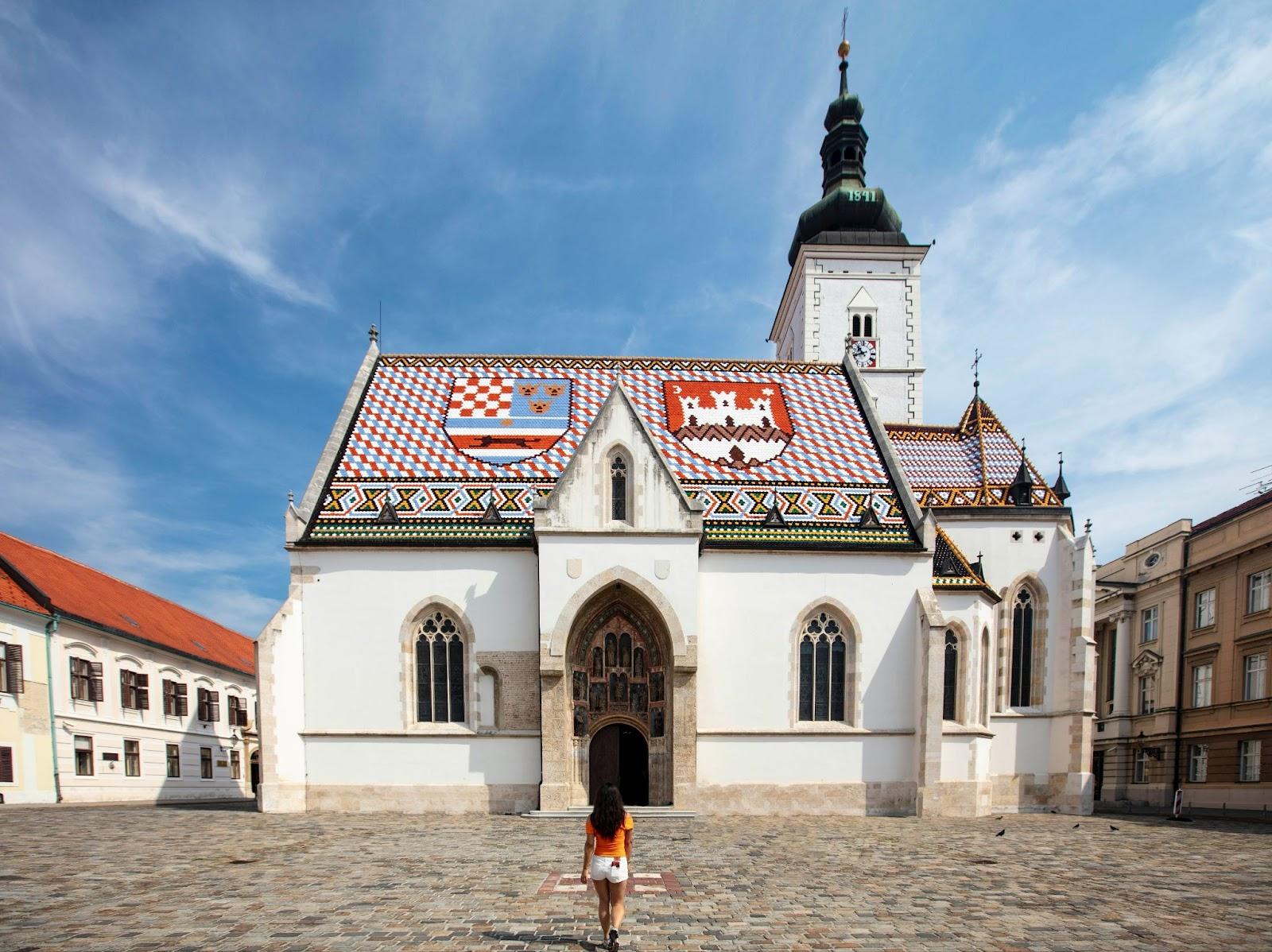
How much money do you need per day in Croatia?
The amount of money you’ll need daily in Croatia depends on your travel style. Here’s a rough guide:
- Budget travellers: If you stay in hostels, eat local street food or cook your own meals, and use public transport, you might get by on around £40-£60 per day.
- Mid-range travellers: For those wanting private accommodations, dining out at restaurants, and enjoying a few paid attractions, you might need about £100-£150 per day.
- Luxury travellers: If you prefer high-end hotels, fine dining, and private tours, you could spend upwards of £200 or more daily.
These are just estimates. Your daily expenses could vary based on your activities, where you eat, and how you get around.
Minimising ATM fees in Croatia
To keep ATM fees low in Croatia, try these tricks. First, take out cash less often but in bigger amounts, so you pay fewer fees.
Check if your home bank partners with any banks in Croatia; using these ATMs could cost you less. Stay away from ATMs in busy tourist spots; they often charge more. Know what your own bank charges for using ATMs abroad.
When an ATM asks if you want to be charged in pounds or euros, always choose euros to avoid extra costs.
A little bit of planning can help you save money on ATM fees while you’re having fun in Croatia.
Is tipping expected in Croatia?
Tipping is appreciated. Around 10% is standard in restaurants.
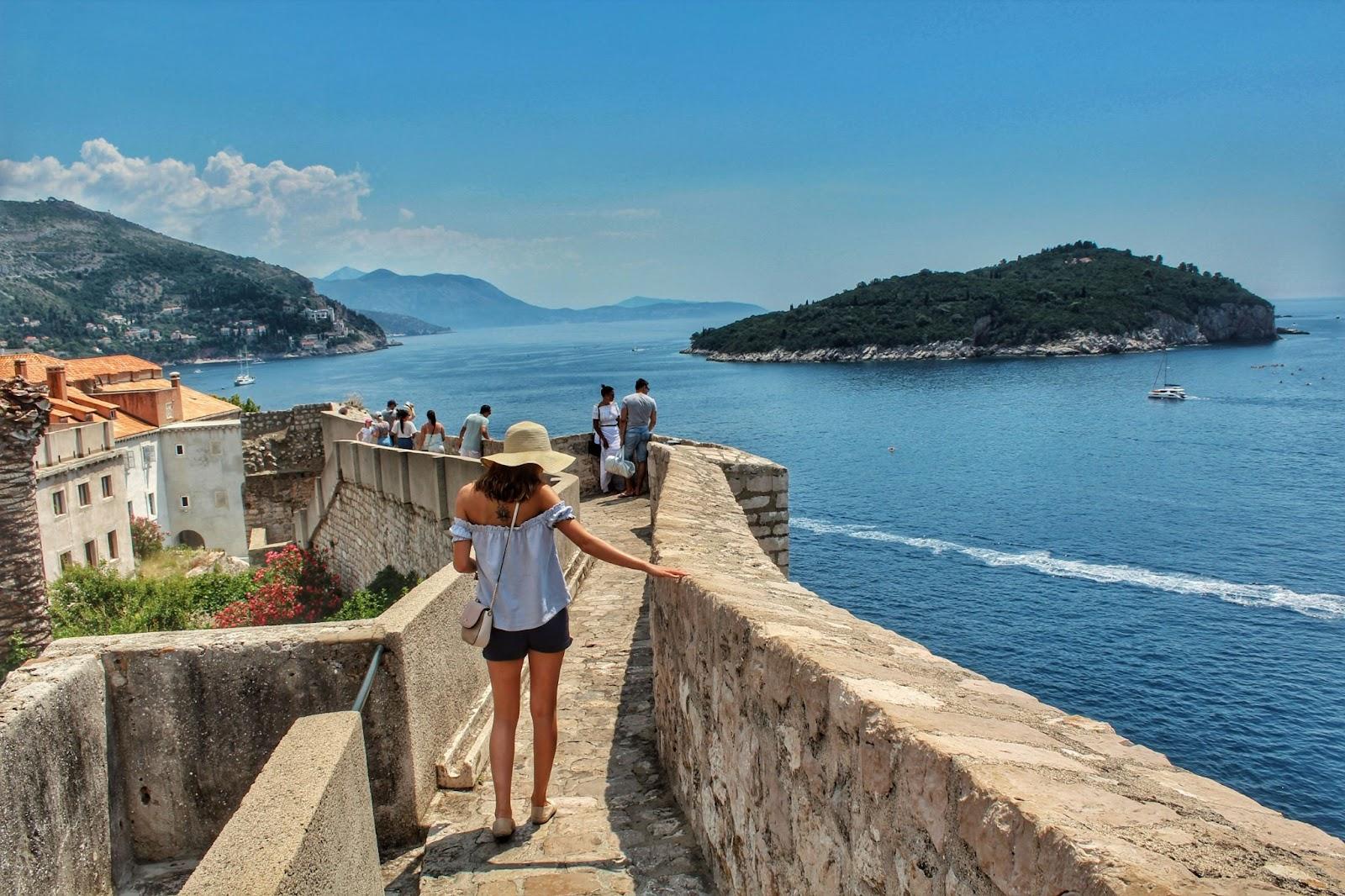
Sell your kuna now
Croatian currency
Before Croatia switched to the euro in 2023, the Croatian kuna was the currency. The kuna had been in use since 1994, and its name comes from a word meaning “marten,” a type of animal whose pelts were used as a trading currency in medieval times.
Croatian kuna banknotes and coins featured images of famous Croatians and cultural symbols, making them quite unique.
The euro, which Croatia adopted, is used by many countries in the European Union, making travel and trade easier among these nations.
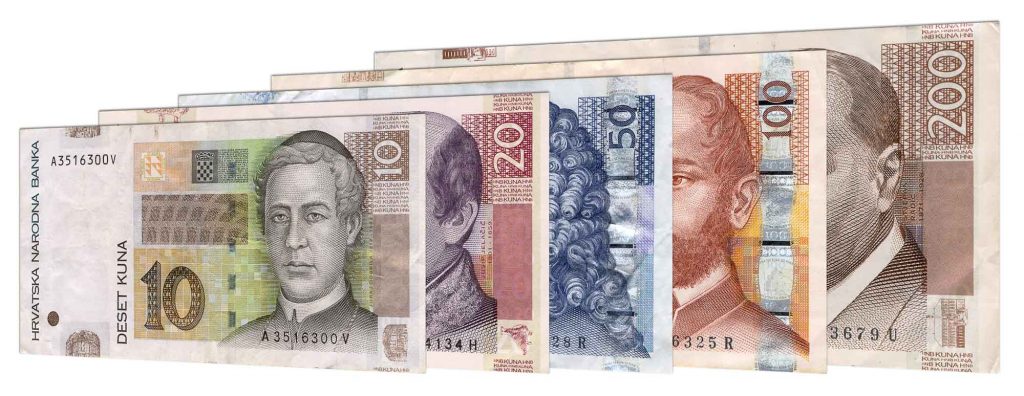
Croatia’s currency import and export regulations
Like other European Union countries, Croatia has specific rules about bringing in and taking out money.
If you enter or leave Croatia (or any EU country) with 10,000 euros or more or the equivalent in another currency, you must declare it to customs.
Selling Croatian kuna
If you’ve got leftover Croatian kuna money, converting Croatian kuna to pound sterling can be challenging.
In Croatia, the only place you can swap your old kuna for euros is at the Croatian National Bank (Hrvatska Narodna Banka) in Zagreb. But there is a solution…
We can help you convert Croatian kuna to British pounds hassle-free!
We offer the best Croatian kuna buy back rates for your Croatian kuna to UK pounds exchange.

Can I still sell Croatian kuna?
Yes, you can still sell Croatian kuna, especially to currency exchange services that deal with discontinued or less commonly traded currencies like us here at Manor FX.
Convert Croatian kuna to sterling easily with us. Click ‘sell currency’ and choose ‘HRK Croatian kuna’ to convert Croatian kuna to English pounds.
Can I exchange Croatian kuna for euros?
Yes, you can exchange Croatian kuna for euros with Manor FX. Get the best Croatian kuna rate today.
What can I do with old Croatian kuna?
If you have old Croatian kuna, here are a few options:
- Exchange: You might still be able to exchange them for euros at certain banks or the Croatian National Bank.
- Sell: Currency exchange services like Manor FX or collectors might want to buy your kuna. You can easily sell Croatian kuna to pounds with us.
- Keep as souvenirs: Kuna banknotes and coins can serve as unique keepsakes or gifts, showcasing Croatia’s history and culture.
Sell your kuna now
Who buys back Croatian kuna?
Currency exchange services like Manor FX, especially those that specialise in foreign or discontinued currencies, might buy back Croatian kuna.
Additionally, collectors or numismatic enthusiasts who value rare or specific currency editions could be interested.
If you’re looking to exchange Croatian kuna to GBP, checking with local or online currency exchange providers and exploring collector forums or marketplaces could be good starting points.
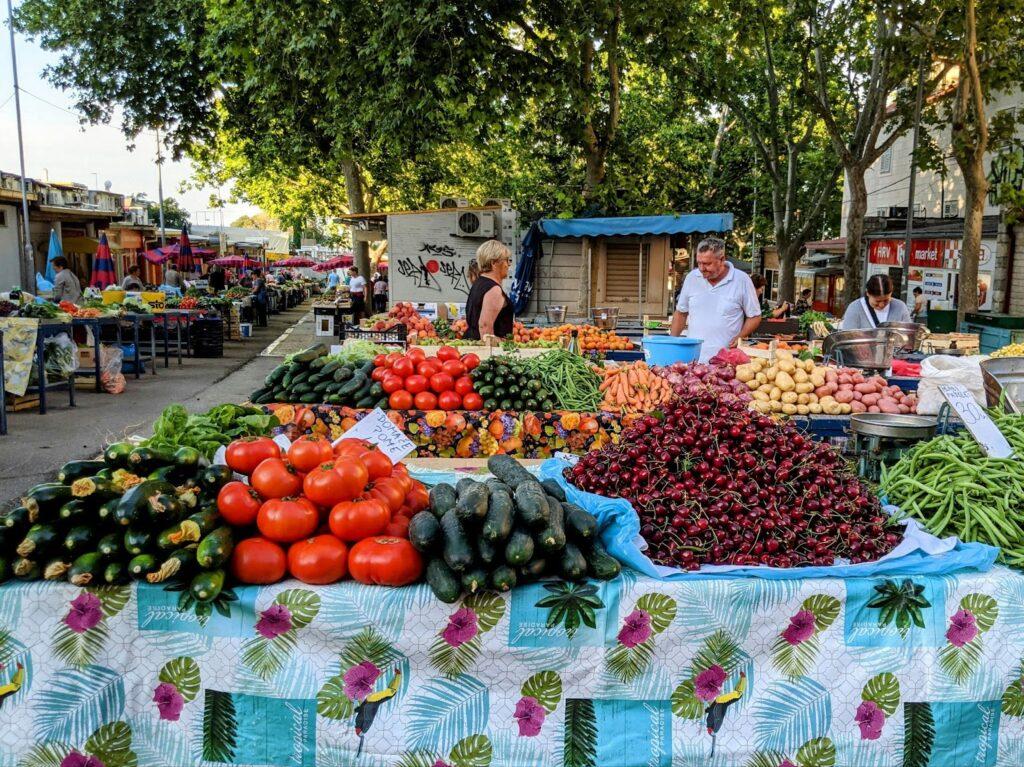
How to exchange Croatian kuna to pounds?
Exchange your Croatian kuna to pound sterling with Manor FX. You’ll get the best rate for Croatian kunas.
Place your order online or visit our bureau de change in Datchet for a face-to-face transaction. You’ll get the same great rates for your Croatian kuna to pound sterling exchange.
Can I change old Croatian notes?
Yes. You can change old Croatian notes here at Manor FX.
Can I change old Croatian coins?
Yes, you can change old Croatian coins, but it’s usually a bit more challenging than exchanging banknotes.
Luckily, there is a quick and simple solution! Our sister company, Leftover Currency, can help you exchange any leftover Croatian kuna coins.
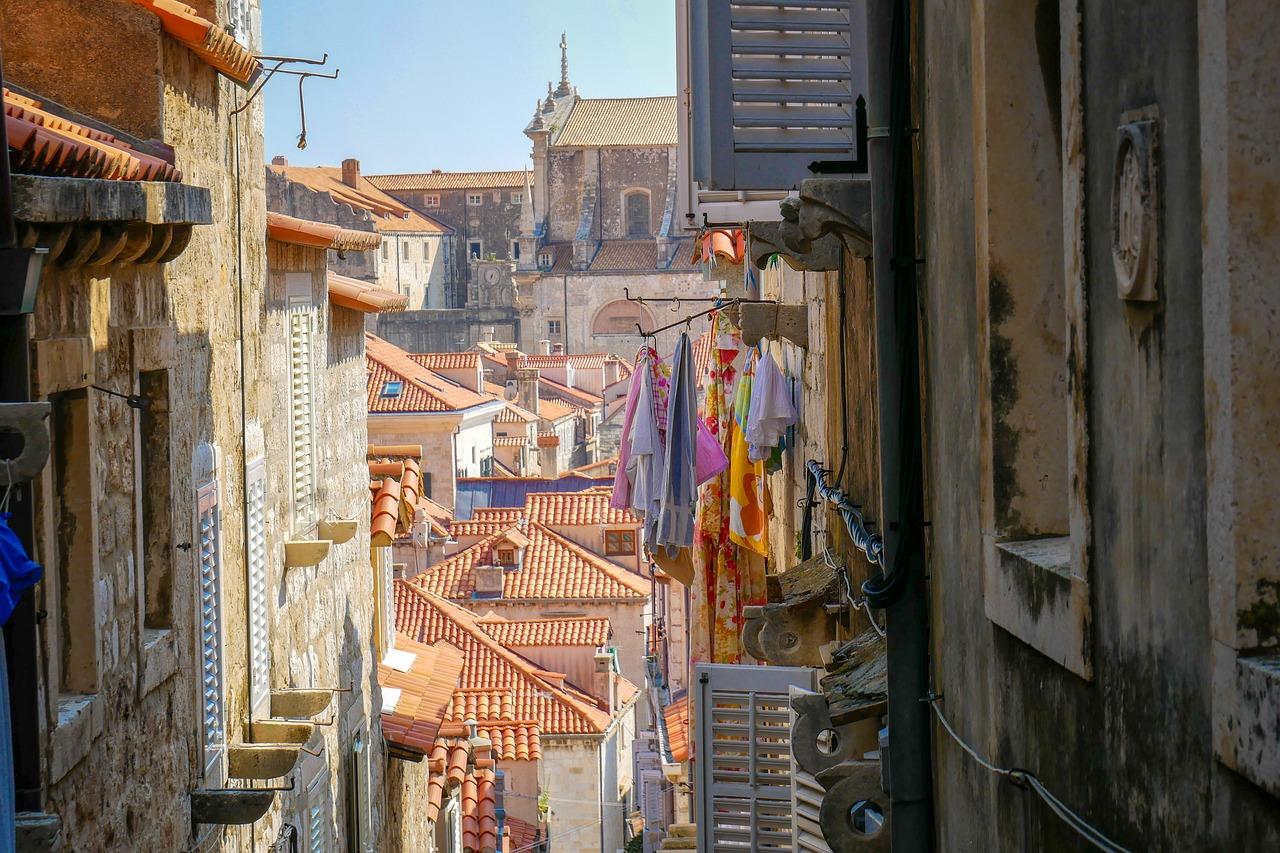
FAQs
Is it OK to drink tap water in Croatia?
Yes, it’s generally safe to drink tap water in Croatia. The water meets high safety standards in most places, so you can drink it without worry.
Do you need a visa to go to Croatia?
If you’re from the EU, USA, Canada, or Australia, you don’t need a visa for short visits to Croatia. However, it’s always best to check the latest rules before you travel, as visa requirements can change.
What vaccinations are required for Croatia?
Croatia doesn’t require any specific vaccinations for entry. However, it’s good to be up-to-date on routine vaccines like measles, mumps, and tetanus before travelling. Check with a healthcare provider for the most current advice.
What is the best time to visit Croatia?
The best time to visit Croatia is during the shoulder seasons of spring (April to June) and autumn (September to October). During these times, the weather is pleasant, there are fewer crowds, and prices are lower compared to the peak summer season.
Top 10 things to do in Croatia
Here are the top 10 things to do in Croatia:
- Explore Dubrovnik’s Old Town and its historic city walls.
- Visit Plitvice Lakes National Park to marvel at its stunning waterfalls and lakes.
- Discover the ancient Roman ruins of Diocletian’s Palace in Split.
- Relax on the beautiful beaches of Hvar Island.
- Wander through the charming streets of Rovinj, a picturesque coastal town in Istria.
- Sail around the breathtaking islands of the Dalmatian Coast.
- Take a dip in the crystal-clear waters of the Blue Cave on Biševo Island.
- Hike or cycle through the scenic landscapes of Krka National Park.
- Explore the UNESCO-listed city of Trogir, known for its well-preserved medieval architecture.
- Experience the vibrant nightlife and cultural festivals in Zagreb, Croatia’s capital city.
What are the dos and don'ts in Croatia?
Here are some dos and don’ts for visiting Croatia:
Dos:
- Greet people with a friendly “Dobro jutro” (good morning), “Dobar dan” (good day), or “Dobra večer” (good evening).
- Dress modestly when visiting churches or religious sites.
- Try the local cuisine, including seafood, grilled meats, and traditional dishes like Ćevapi and Peka.
- Explore the diverse landscapes, from historic cities to stunning national parks and pristine beaches.
- Respect local customs and traditions, including tipping for good service in restaurants and cafes.
Don’ts:
- Don’t litter or disrespect the natural environment; Croatia’s beautiful landscapes should be preserved.
- Don’t forget to carry cash, especially in rural areas or small towns where card payments may not be accepted everywhere.
- Don’t swim in unauthorised areas or dive into unknown waters without checking for safety hazards.
- Don’t engage in excessive public displays of affection, as it may be considered inappropriate in some areas.
- Don’t be overly loud or disruptive, especially in residential areas or late at night. Respect the peace and quiet of local communities.
Feel the Trustpilot love

Great competitive rates & friendly & helpful staff. Easy to order online & collect in person or delivery.

Great, fast and reliable service would certainly use again for my travel needs, as the rates are the best around!

This amazing company have gone above and beyond in getting a large amount of a rare currency across the pond to Ireland.

Great rates and really responsive, friendly customer support, will definitely be using Manor FX again.

Manor FX gave me a better rate than my bank with great customer service, I highly recommend them.

Family run business that’s always super helpful. Manor FX’s rates are always really good as well!
 Get
Get
Croatian Kunas Fast!
- Free home delivery over £750
- with Royal Mail Special Delivery 1pm
- Better rates than the banks